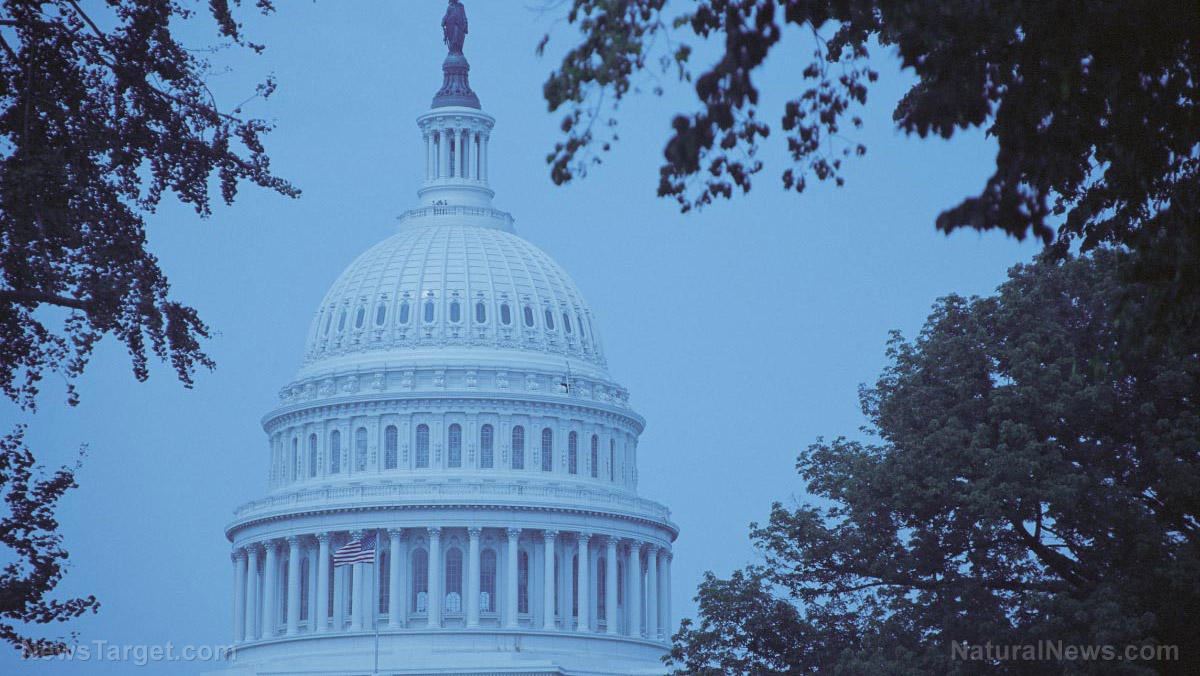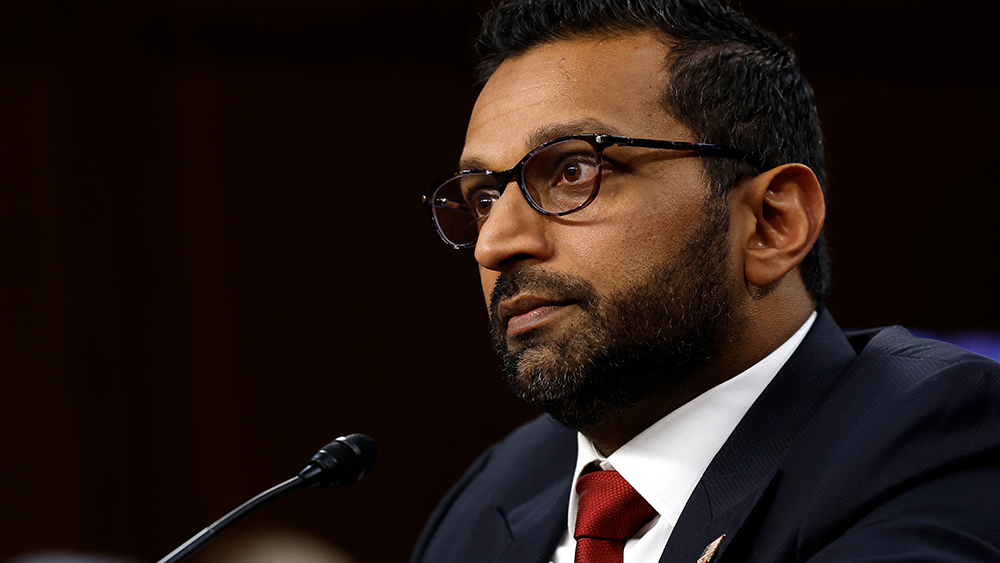 Parler
Parler Gab
Gab
- The Trump administration has taken unprecedented steps to dismantle the EPA's Office of Environmental Justice and External Civil Rights, placing 168 employees on administrative leave.
- The environmental justice movement, criticized as a costly and divisive bureaucracy, gained traction in the early 21st century under the premise that minorities are disproportionately affected by pollution.
- A landmark court case in Louisiana ruled that considering race in enforcement decisions is racist, challenging the movement's foundational premise that minorities are exclusively targeted by polluters.
- The Trump administration's decision is part of a broader effort to eliminate wasteful and ideologically driven programs across the federal government, including the closure of the EPA's Diversity, Equity and Inclusion office.
- Critics argue that local governments, not federal agencies, should be responsible for enforcing environmental laws and addressing pollution, and that the closure of the environmental justice office will restore balance and accountability to environmental policy.
A history of overreach
The EPA’s Office of Environmental Justice was established in 1992 under President George H.W. Bush as the Office of Environmental Equity. It was later rebranded under President Bill Clinton, who issued an executive order recognizing the disproportionate impact of pollution on poor and minority communities. In 2022, President Joe Biden merged three existing programs to create the Office of Environmental Justice and External Civil Rights, further expanding its reach and budget. However, the movement’s foundational premise — that minorities are exclusively targeted by polluters — has been increasingly challenged. Last year, a landmark court case brought by the state of Louisiana against the EPA and the Department of Justice dealt a significant blow to the environmental justice agenda. The presiding judge ruled that “pollution does not discriminate” and that considering race in enforcement decisions constitutes racism. Diana Furchtgott-Roth, director of the Heritage Foundation’s Center for Energy, Climate and Environment, applauded the Trump administration’s decision. “When the consequences of the environmental justice movement mean fewer high-paying jobs, then it’s not justice. That’s not justice for a low-income worker who needs to support her family,” she told The New York Sun.Unprecedented action
The Trump administration’s move to shutter the environmental justice office is part of a broader effort to eliminate wasteful and ideologically driven programs across the federal government. President Trump’s executive order, “Ending Radical and Wasteful Government DEI Programs and Preferencing,” has already led to the closure of the EPA’s Diversity, Equity and Inclusion (DEI) office. The decision has sent shockwaves through the agency. Nicole Cantello, president of AFGE Local 704, a union representing EPA employees, described the move as “unprecedented in scope and scale.” She added, “We have not experienced anything like that in the 34 years I’ve been at this agency.” While the administration has faced criticism for the abruptness of its actions, supporters argue that the move is necessary to rein in an overreaching bureaucracy. “The federal government has a substantial deficit. They are looking for places to cut. And the environmental justice program, I think, is one area that has outlived its usefulness and often results in increases in costs,” Furchtgott-Roth said.A return to local accountability
Critics of the environmental justice movement argue that it has created an entirely new vocabulary of buzzwords like “underserved communities” and “disproportionate impacts,” which often serve to justify expansive federal overreach. They contend that local governments, not federal agencies, should be responsible for enforcing environmental laws and addressing pollution. “If the actions of a company harm an individual, that individual has the right to sue for any damage to his health or property. That standard was good enough for a few hundred years before ‘environmental justice’ became a buzzword,” one commentator noted. The Trump administration’s actions also extend to the Justice Department, where Attorney General Pam Bondi rescinded former Attorney General Merrick Garland’s directives on environmental justice. In a memo obtained by The Washington Post, Bondi directed U.S. Attorney’s Offices to revoke any memoranda or guidance implementing the prior administration’s environmental justice agenda. “Going forward, the Department will evenhandedly enforce all federal civil and criminal laws, including environmental laws,” the memo concluded.A new direction
The closure of the EPA’s environmental justice office represents a significant shift in policy priorities. While the Biden administration sought to steer 40 percent of federal environmental funding toward disadvantaged communities, the Trump administration is focused on cutting costs and reducing federal overreach. Matthew Tejada, a former deputy assistant administrator at the EPA’s Office of Environmental Justice, warned that the move would have dire consequences. “Shuttering the environmental justice office will mean more toxic contaminants, dangerous air and unsafe water in communities across the nation that have been most harmed by pollution in the past,” he said. However, supporters of the administration’s actions argue that the move will restore balance and accountability to environmental policy. By eliminating costly and ideologically driven programs, the Trump administration is taking a stand against waste and radicalism, ensuring that federal resources are used efficiently and effectively. As the dust settles on this historic decision, one thing is clear: The Trump administration is committed to rooting out waste, radicalism and corruption, and restoring common-sense governance to the federal government. Sources include: ClimateDepot.com WashingtonPost.com CBSNews.comU.S. and Russia seek peace in Ukraine, leaving Zelensky in panic over potential aid cuts
By Cassie B. // Share
DOGE saves taxpayers $55 billion in under a month, exposing Biden-era waste
By Cassie B. // Share
Watch: Democrat DEI brain rot is A LOT worse than you think…
By News Editors // Share
Senate advances Kash Patel’s FBI Director nomination, final vote expected Thursday
By Cassie B. // Share
The Ukraine debacle: A turning point in American foreign policy
By Willow Tohi // Share
Trump realigns DHS, Removes Climate Initiatives: A new era of national security focus
By Willow Tohi // Share
Governments continue to obscure COVID-19 vaccine data amid rising concerns over excess deaths
By patricklewis // Share
Tech giant Microsoft backs EXTINCTION with its support of carbon capture programs
By ramontomeydw // Share
Germany to resume arms exports to Israel despite repeated ceasefire violations
By isabelle // Share










